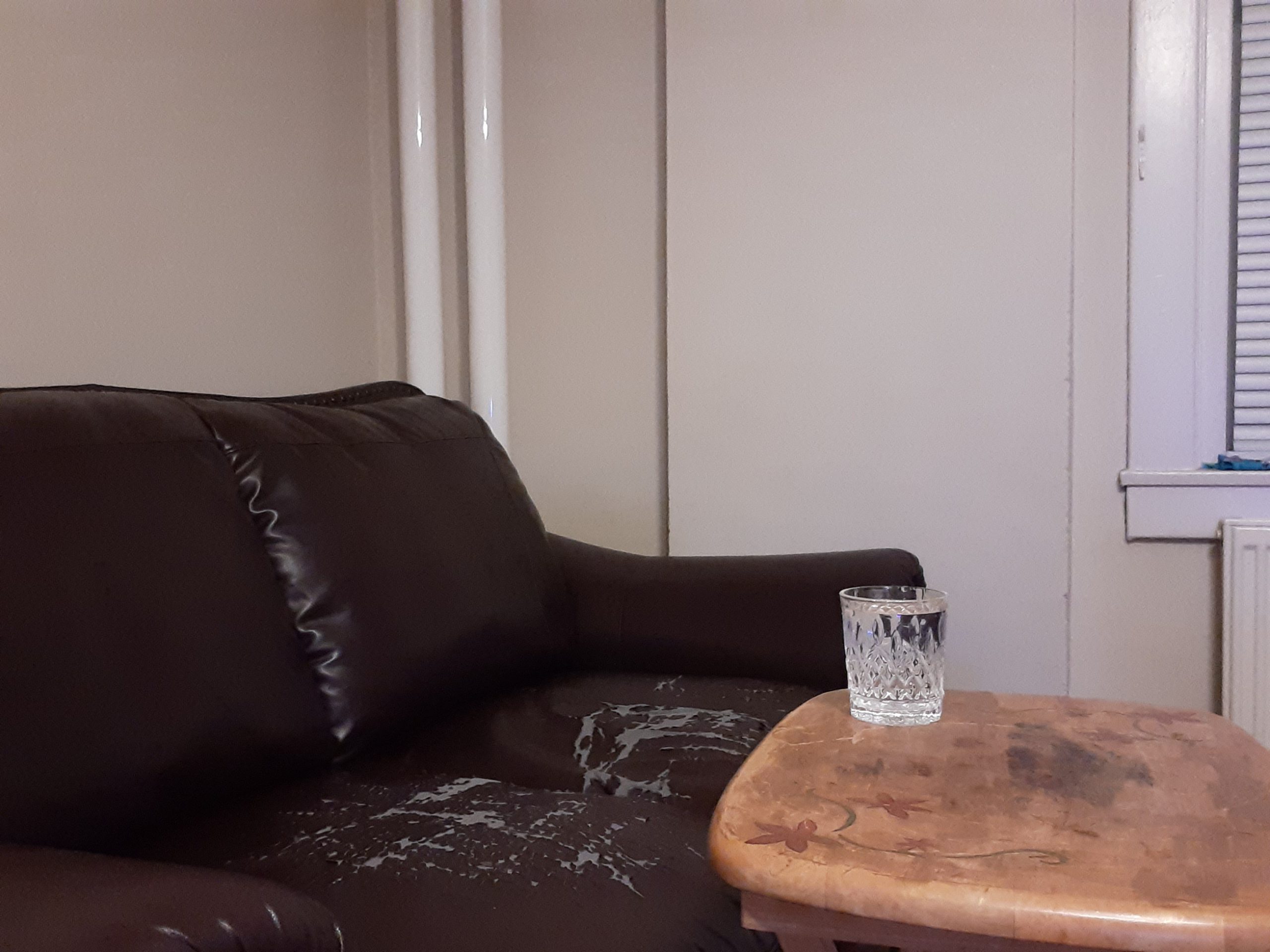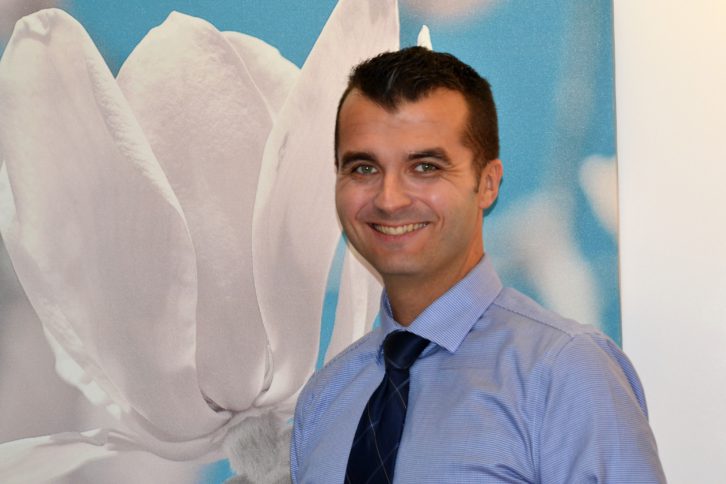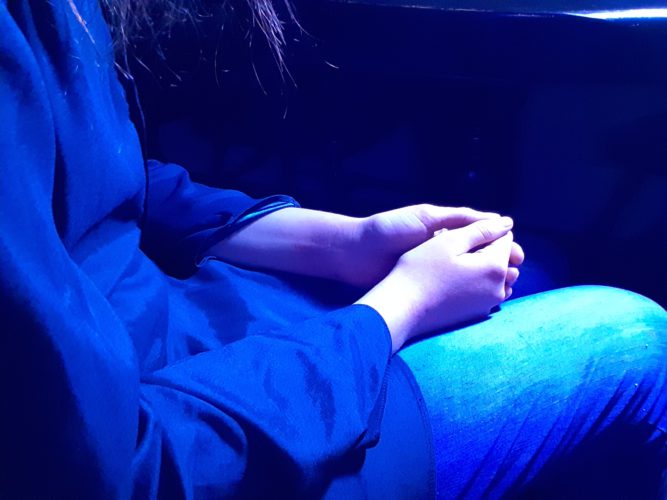Therapy has changed during COVID-19, but N.S. experts say OCD has not.
Psychologists in Nova Scotia have not found an increase in OCD during the pandemic

caption
Photo Illustration simulating therapy at home during pandemicThe pandemic may have changed how psychologists treat people with obsessive-compulsive disorder (OCD), but they were surprised to find no spike in cases or unique symptoms.
Dr. Daniel Chorney works as a psychologist at his private practice, Chorney and Associates, in Halifax with a special interest in anxiety, depression, insomnia, and children with OCD.

caption
Dr. Daniel Chorney“I’ll be honest with you, I thought we would see an increase in OCD numbers because of just this, you know, hyper focus on cleanliness, and wash your hands and don’t touch your face and sanitize,” Chorney said.
“It’s actually not what I expected, it’s been other issues that are still there. So people with depression, still have depression, people with social anxiety still having those kinds of issues really are the same.”
Chorney highlights isolation, loneliness, and loss of hope as mental health concerns he worries about most from COVID-19.
OCD is a neurologic condition where someone has obsessions (distressing, repetitive thoughts or images) and compulsions (actions that relieve the distress).
Dr. Julie MacDonald, a psychologist who diagnoses and treats OCD, specializes in children and adults with anxiety disorders at a private practice part-time in Cape Breton. She is an advanced practice leader for Nova Scotia Health.
Private practices continue treatment during pandemic
“Mostly, what I’ve noticed is that many of the individuals that I’ve been seeing pre-COVID with OCD, I’ve had a worsening of their symptoms. Not seeing more OCD or seeing a lot of OCD that has incorporated COVID into their symptoms, but just seeing that people are more stressed,” MacDonald said.
Reduced activities from social distancing can mean less distractions from obsessive-compulsive thoughts, MacDonald said, and it may take over more of their life.
A 10-year-old recently told MacDonald, “I just have more time to spend with my OCD.”
MacDonald said half of her appointments at the private practice are virtual and half are in person, based on new regulations that permits in-person appointments as necessary.
“I think the main thing is, you know, not think that we have to put off people’s treatment because of COVID-19,” MacDonald said.
Diagnosis, treatment and misconceptions
Chorney said important questions in the diagnosis are, “How are you impaired by those symptoms? How much time do you spend on them? How much control do you have over them?”
There are many myths about OCD, MacDonald said.

caption
Photo illustration of person with folded hands. OCD is categorized as an anxiety disorder.“I find more often than not you hear a lot in the public, ‘Oh, I’m so OCD,’ and I think people don’t really have an understanding of the many different ways that it can present and how distressing it can be for people,” MacDonald said.
OCD is often treated with cognitive behavioural therapy, an evidence-based practice that focuses on changing thoughts and behaviour.
“I usually review with people that one of the things they can do is nothing, people can choose that,” MacDonald said. “But the likelihood with OCD of getting better is quite low, if you don’t do something about it.”
MacDonald found clients that were apprehensive about virtual appointments are actually happy with them, but she may transition some to in-person appointments if needed. Virtual appointments can be challenging working with young children, MacDonald said.
Unexpected impact of COVID-19 on OCD
“In some ways, it’s enhanced care as well,” MacDonald said.
With virtual appointments she can work with clients in their home, instead of recreating scenarios in the office or asking clients to work on them after the appointment, MacDonald said.
Nathaniel Van Kirk, co-ordinator of McLean’s OCD Institute, found that some people with OCD experienced escalated symptoms and others no change at all during COVID-19, based on their condition and symptoms.
Kirk found COVID-19 created challenges for people with OCD who already had obsessions relating to germs or health issues, but others with different symptoms reported little change in their OCD due to the pandemic.
Correction:
About the author
Chelsy Mahar
A journalism student at the University of King's College and an aspiring poet.
